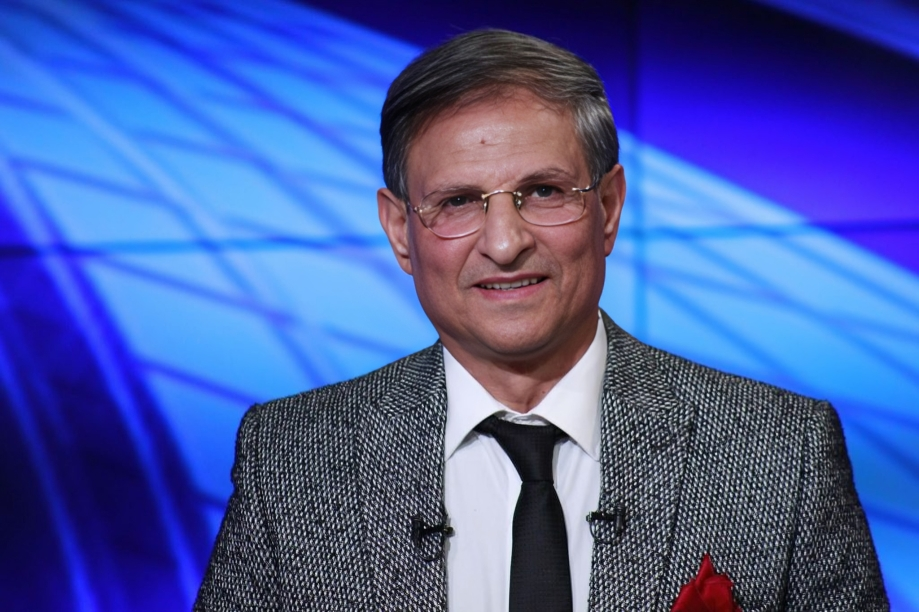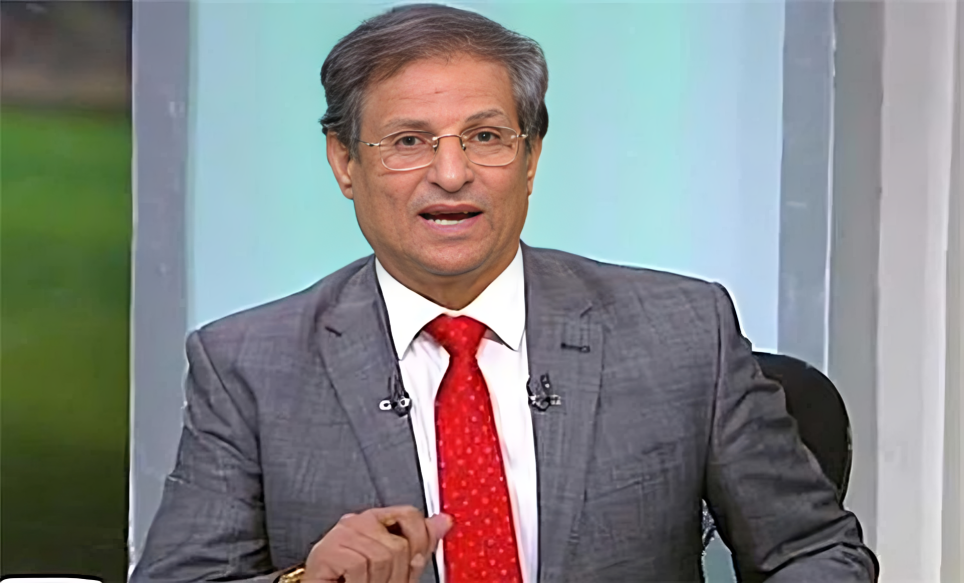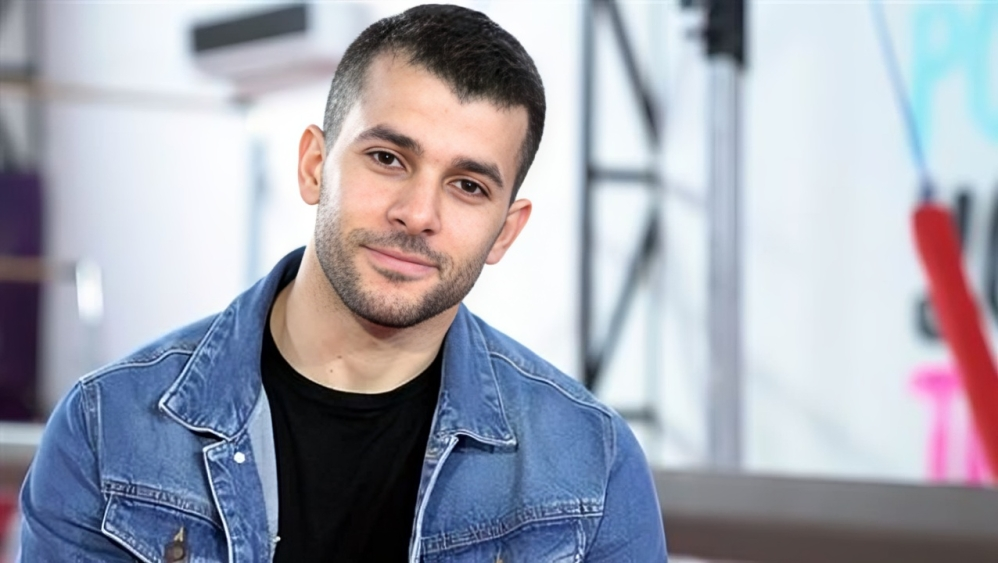In his recent media appearances, Mostafa Younes, the former Al Ahly football legend, stirred significant controversy after expressing his full readiness to take on the role of head coach at Zamalek SC. Known for his deep-rooted ties to the Red Castle (Al Ahly), his statement reflects a remarkable level of flexibility and maturity that transcends the traditional football loyalties that have shaped Egyptian sports culture for decades.
During a televised interview, Younes stated that coaching Zamalek would not be a problem for him—in fact, he would consider it a great honor. He pointedly asked why his potential move would be any different from Hossam Hassan, another iconic figure in Al Ahly’s history, who had already coached Zamalek on multiple occasions. By drawing this comparison, Younes rekindled the idea that true professionalism in football should not be constrained by emotional affiliations but instead guided by a pragmatic and highly professional mindset.
"I don’t see anything stopping me from coaching Zamalek. We’ve seen major Al Ahly figures coach Zamalek before—and vice versa. Football today needs brains, not just hearts. If someone has what it takes to succeed, they should be given a chance, regardless of their name or history."
Addressing the possibility of coaching Al Ahly, Younes said he saw no realistic opportunity under the current leadership of club president Mahmoud El Khatib, indicating he feels deliberately sidelined despite his long-standing service to the club as a player, coach, and former administrator.
"I’m completely excluded from Al Ahly—and that’s not new. But honestly, it doesn’t bother me anymore. I’ve always been straightforward, and maybe that’s why I’m not exactly welcomed. But my conscience is clear."
Younes criticized Al Ahly’s leadership for lacking accountability, calling on club officials to admit when mistakes are made instead of blaming everything on the head coach.
"Why is it always the coach who gets scapegoated? Why don’t we ever hear someone from the board admit to a wrong decision? When things go wrong, those responsible for strategy and planning suddenly disappear."
He also voiced his skepticism over how Egyptian clubs handle coaching roles—particularly with foreign managers. He stressed the importance of having a local assistant coach shadowing the foreign manager to ensure long-term continuity, rather than starting from scratch after every failure.
"When you hire a foreign coach, it’s only logical to assign a capable assistant who can one day take over. But what happens instead? We reset every time. There’s no continuity, no long-term vision. We’re better at demolishing than building."
Younes also weighed in on the tenure of former Al Ahly head coach Marcel Koller, who left the club under unclear circumstances despite posting solid results. Younes believes Koller made critical errors—particularly by letting go of key players without ensuring equivalent replacements.
He cited Ahmed Abdelkader, Aliou Dieng, Mohamed Sherif, and Hamdi Fathi as prime examples, describing them as pivotal to Al Ahly’s squad and lamenting the failure to fill the void their departures left behind.
"It’s not wrong to let a player go—the mistake is letting them leave without having a proper replacement. The players brought in are warming the bench. It’s like we’re paying just to entertain fans with unused talent."
In his characteristically blunt style, Younes questioned the effectiveness of Al Ahly’s Football Committee and Planning Committee, arguing that a lack of unified vision and weak institutional leadership may be at the heart of the club’s repeated setbacks.
"Where is the Football Committee? Where is the Planning Committee? Big clubs don’t operate like this. You need a strong figure working alongside the foreign coach—someone to guide, plan, select, and supervise. But what we have is a fragmented structure with no oversight, and that’s a disaster for any organization—especially one as big as Al Ahly."
He urged Egyptian clubs—particularly Al Ahly and Zamalek—to reassess their approach to managerial decisions, both local and foreign. The sport, he argued, has evolved far beyond the outdated methods still prevalent in Egypt.
"Football has changed. Every day, there are new developments. We can’t keep operating with the mentality of the 1970s. We need to understand what a project means, what a five-year plan looks like. It’s not about winning one match and celebrating, then losing the next and flipping the table."
"I’m not saying this to win approval. I’m speaking from experience—I've been inside the kitchen, so to speak. What gets said in meetings is very different from what actually happens on the ground."
Younes called for a greater reliance on national talent in coaching roles, criticizing the preference for foreign managers based on superficial appeal rather than merit.
"Egypt is full of talented coaches, but they’re not getting their shot. The media and fans love the flashy names—but we need to give our own people a fair chance to prove themselves."
He concluded with a powerful message: sports need rationality, courageous decision-making, and transparency. Egyptian football will not progress until favoritism ends and competence becomes the true benchmark.
"Anyone working in this field should have a clear vision—not just a big name. And anyone making decisions must be held accountable. No major club is built around one person—or just a coach. A successful team requires a cohesive system. And we still have a lot to learn about what a real system looks like."





